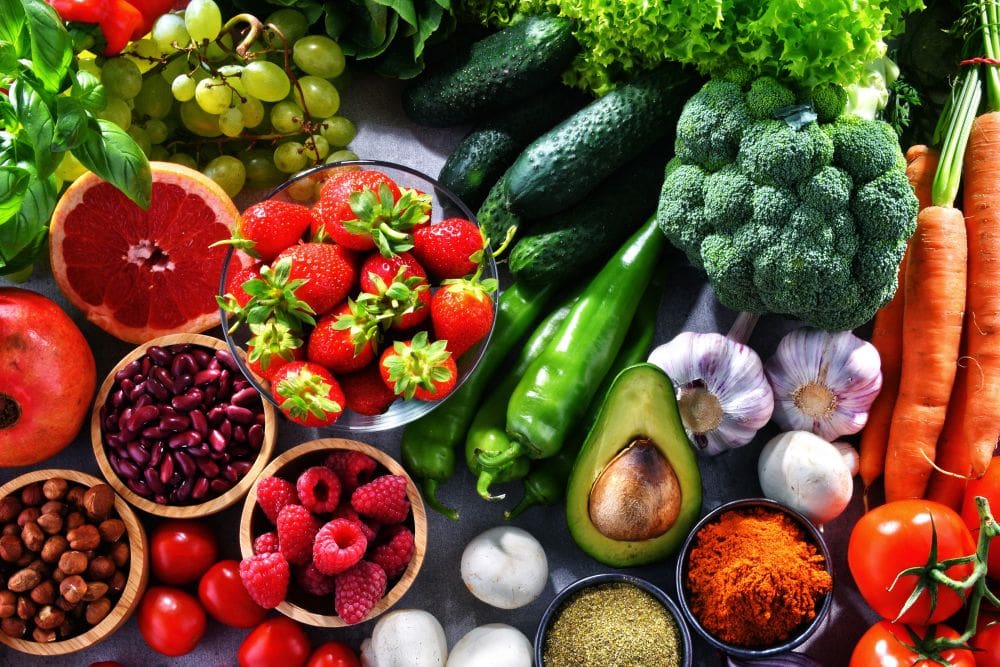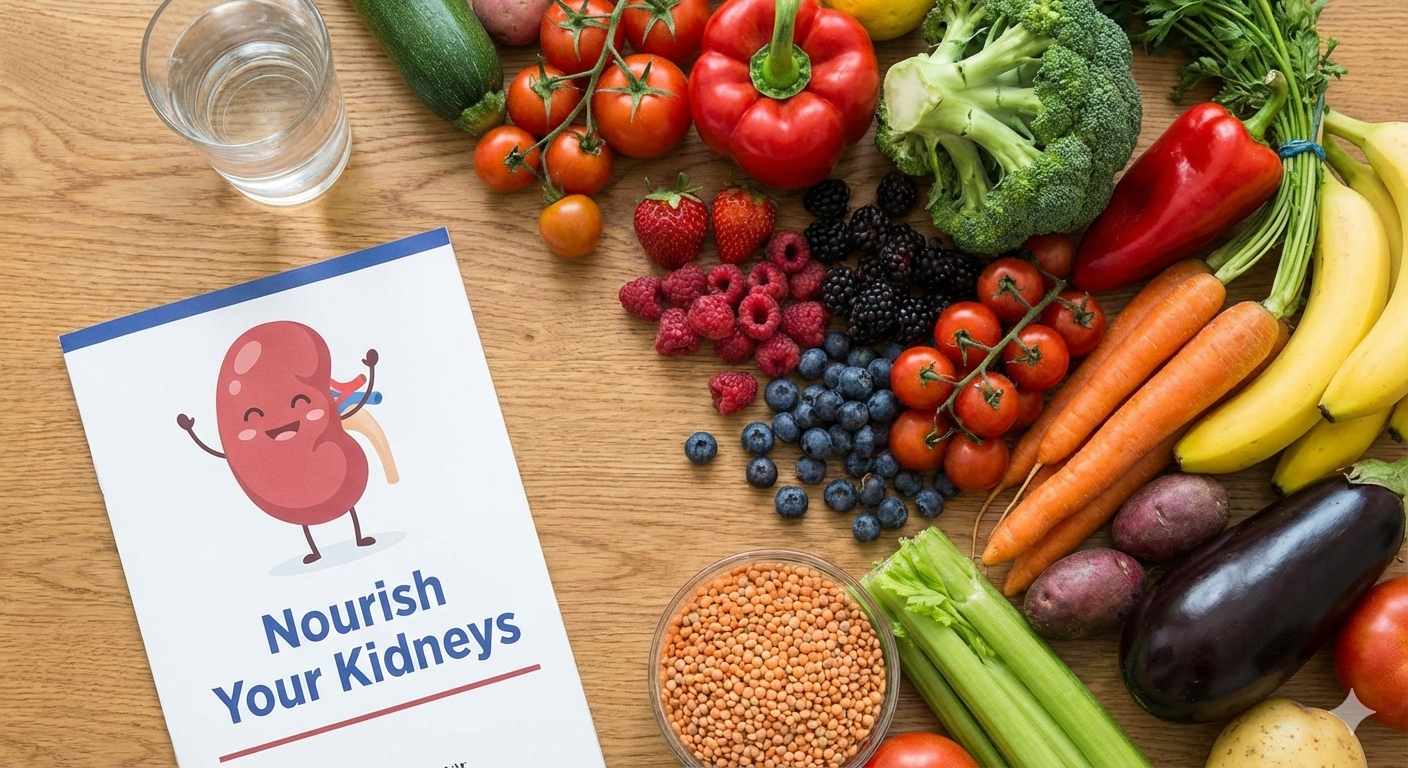Scorpio News
Navigating Nutrition Onboard: Hidden Sugars and the Health Problems They Cause

Staying healthy while working at sea is both a challenge and a necessity. Long hours, irregular routines, and limited food choices can make it difficult to prioritize nutrition. But small, consistent changes in daily eating habits—both onboard and between contracts—can have a powerful impact on energy levels, focus, mood, and long-term health. At the heart of many modern health concerns among seafarers, from elevated BMI to early signs of insulin resistance, lies a quiet but powerful contributor: sugar—especially the hidden kind.
Hidden Sugars We Don’t See
It’s easy to recognize a sugary soda or candy bar, but what many don’t realize is how sugar sneaks into unexpected foods. Packaged snacks, sauces, breads, cereals, and even “healthy-looking” juices can contain added sugars under names like corn syrup, maltodextrin, fructose, dextrose, or cane crystals. For seafarers trying to stay alert and energized during shifts, the convenience of a soda or chocolate bar may seem harmless—but frequent consumption spikes blood sugar levels quickly, followed by an energy crash. Over time, this rollercoaster can contribute to insulin resistance, weight gain around the midsection, fatigue, and increased risk of type 2 diabetes.
The Glycemic Impact: Not All Carbs Are Equal
All carbohydrates eventually convert into glucose (sugar) in the body—but how quickly they do that makes a big difference. Foods that spike your blood sugar fast (like white rice, white bread, pastries, or sugary drinks) have a high glycemic index (GI). They lead to quick energy—but also quick crashes and increased hunger soon after. Foods with a low glycemic index, like oats, brown rice, lentils, and most vegetables, release energy slowly, keeping blood sugar stable and you fuller for longer. Choosing these helps reduce cravings, keeps energy more consistent, and supports better weight management.
The Role of Fiber: Your Secret Weapon
Fiber doesn’t just help digestion—it slows the absorption of sugar into the bloodstream, reducing spikes. It’s found in foods like fruits (with skin), vegetables, legumes, whole grains, seeds, and nuts.
A practical tip: combine carbohydrates with fibre and protein. For example, instead of eating white bread with jam, go for whole grain bread with peanut butter or an egg. The fibre and protein will slow the sugar hit and keep you full
longer.

Snacking Smarter Onboard
Onboard meals are often quite balanced, especially with the training that mess crews receive through Oceanic. However, many seafarers struggle with snacking—especially during night shifts or long watches. This is where mindful habits can make a big difference. Instead of reaching for chips, soda, or instant noodles, consider these alternatives:
- Nuts and seeds – great sources of protein, healthy fats, and fibre (just
watch portion sizes). Make your own Trail mix of unsalted nuts, raisins, and sunflower seeds.
Fresh fruit – apples, oranges, kiwis, and bananas offer natural sweetness
with fibre. - Plain yogurt – high in protein and probiotics, make sure it’s not sweetened.
- Boiled eggs – a protein-packed snack.
- If you have a habit of drinking sodas, try replacing one a day with:
– Water with lemon
– Herbal teas (iced or warm)
– Coconut water (unsweetened), if available. Even small swaps, made consistently, can lower daily sugar intake dramatically.
Staying on Track Between Contracts
Many crew members report that healthy routines often slip once they return home. Family gatherings, comfort foods, and relaxed schedules make it tempting to indulge—and understandably so. The key is not strict dieting, but balanced
eating with awareness.
Here are a few simple strategies:
- Follow the 80/20 rule: Aim to eat balanced meals 80% of the time, leaving
20% for indulgences. - Portion control: Enjoy favourites, but reduce the portion size or frequency.
- Hydration: Staying well-hydrated can reduce cravings and improve metabolism.
- Routine: Try to maintain regular meal and sleep times, even at home.
A Few Final Thoughts
Health is not about perfection. It’s about small daily decisions that add up. Choosing water over soda, fibre over sugar, and awareness over autopilot is
how lasting wellness is built. Seafarers have unique challenges but also unique strengths. You’re used to discipline, long hours, and resilience. These same qualities can support better health, both at sea and ashore. Let food be your fuel, not just your filler.
Driving Wellness Forward: Wellness Coaching at SMM
Anushri Patil is a Psychiatric Nutrition Consultant, Clinical Nutritionist, Diabetes Educator, Certified Yoga Instructor, and Wellness Coach with over 5 years of experience in preventive health and wellness. She leads wellness initiatives at Scorpio’s Mumbai office, supporting the health and well-being of both seafarers and onshore employees. With a passion for lifestyle medicine, she designs and delivers preventive health programs, nutrition education, and one-on-one consultations tailored to the unique demands of life at sea, helping shape practical, sustainable solutions that foster long-term healthy habits.
This article featured in Beacon 28; while onboard, all issues are accessible on Docmap.


